Bariatric Surgery
Start Your Weight Loss Journey with Bariatric Surgery in Maryland and Transform Your Life
Register For Our Free Online
Weight Loss Surgery Seminar Today!
Advanced Weight Loss/Bariatric Surgery Near Baltimore and Columbia, Maryland
It always takes a team to help you reach your goals. Our team includes professionals certified in obesity medicine, emphasizing their expertise in managing obesity and providing comprehensive care. This comprehensive care includes tailored nutrition plans, medical guidance, and lifestyle changes that support long-term weight management and overall health improvement. Ascension Saint Agnes bariatric surgeons and team members form strong bonds with our patients that begin with your first seminar and continue throughout all of your appointments as you prepare for bariatric surgery, with support that extends for years to come. Our patients tell us they value the special ongoing relationship that comes from having a surgeon who knows you, your history, what causes you to struggle, and what makes you come alive.
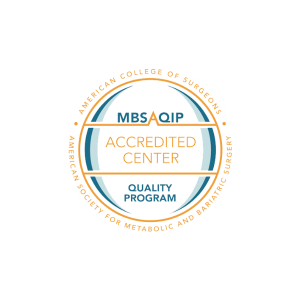
The Surgical Program is an Accredited Center by the American College of Surgeons Metabolic and Bariatric Surgery Accreditation and Quality Improvement Program.
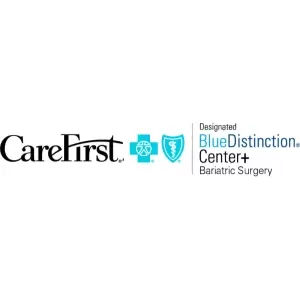
Healthcare facilities are recognized for expertise and cost efficiency in delivering specialty care.

Over 20 years of changing lives

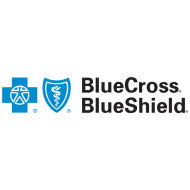



Saint Agnes Hospital Bariatric Program is designated by these major insurance companies as a Center of Excellence and designated provider.
Watch our video testimonial on how Keith lost over 100lbs with the bariatric program at Ascension Saint Agnes
Meet Your Bariatric Surgeons in Maryland
Dr. Hamdallah is not only a renowned bariatric surgeon but also has extensive experience in general surgery. His qualifications and dedication to patient care make him a valuable asset in both specialized surgical programs and general surgical departments.
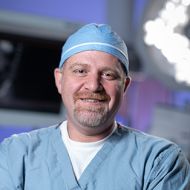
Dr. Hamdallah
Dr. Isam Hamdallah earned his medical degree at the Jordan University of Science and Technology (JUST) School of Medicine in 2000. He has extensive experience and qualifications in general surgery, making him a highly skilled professional in the field. A native of Amman, Jordan, he continued his education and training as a surgical resident in various rotations in the United Kingdom.

Dr. Swift
Dr. Catriona Swift is trained in laparoscopic, robotic, and endoscopic techniques and offers duodenal switch, gastric bypass, sleeve gastrectomy, revisional bariatric surgery, endoscopic weight loss procedures, and surgical treatment of GERD, hiatal hernia, and achalasia. Dr. Swift has extensive experience and qualifications in general surgery, highlighting her commitment to patient care and involvement in specialized surgical programs.
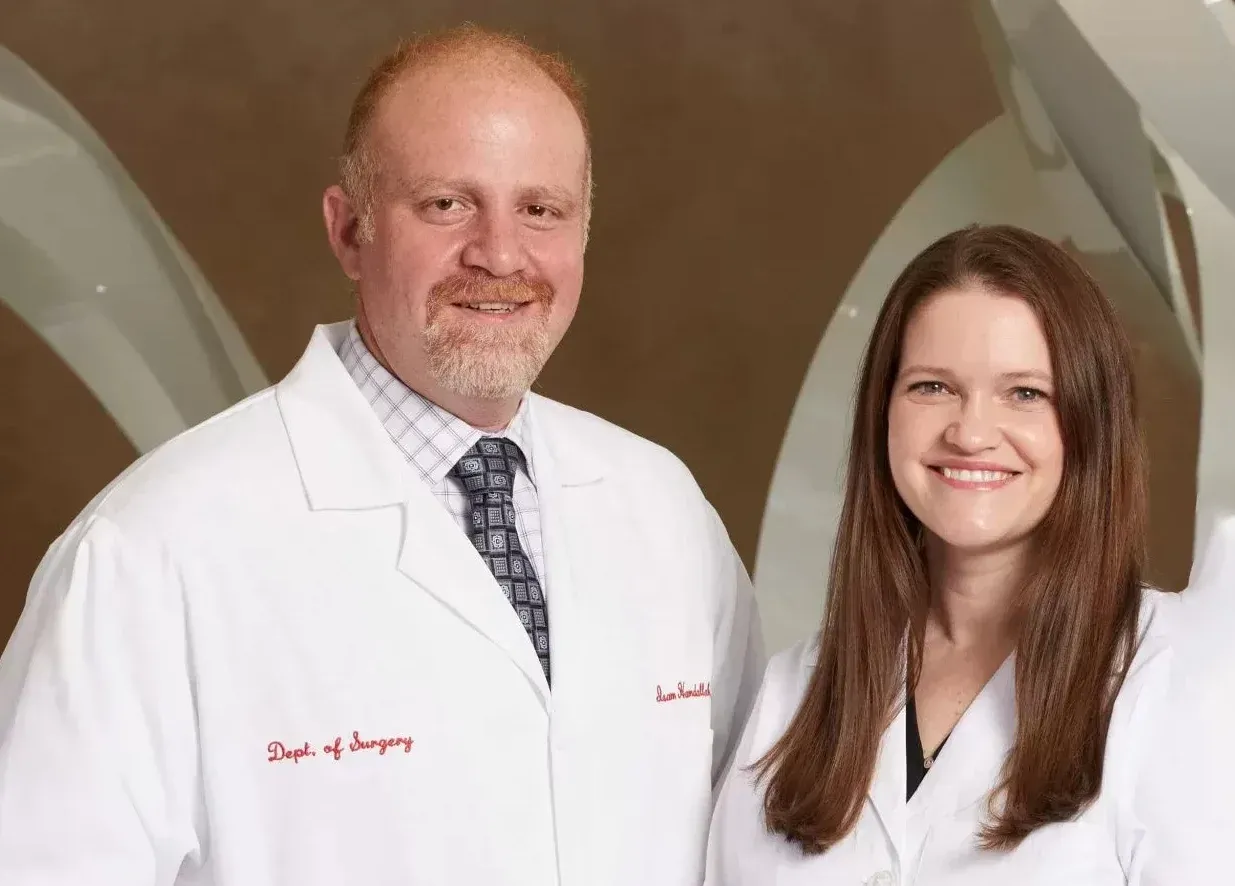
Bariatric surgical procedures include those that cause weight loss by restricting the amount of food the stomach can hold, those that cause weight loss primarily as a result of malabsorption of nutrients, and those that cause weight loss both by gastric restriction and malabsorption. Most bariatric procedures today are performed using minimally invasive techniques (laparoscopic surgery).
We offer the safest and most effective primary bariatric surgical procedures in Baltimore, Maryland, as well as revision bariatric surgery
Register For Our Free Online Weight Loss Seminar To Compare Your Options!
Why Choose Us
-
5-Star Reviews on Google, Healthgrades.com, Facebook & Yelp
-
Most major commercial plans are accepted
-
Unparalleled Surgical Expertise
-
MBSAQIP National Accreditation
-
Offer one-on-one guidance to keep you on the road to success
Our comprehensive weight loss program offers a variety of medical and surgical options tailored to meet your individual needs. We are committed to providing a supportive environment led by expert professionals to help patients achieve their health-related goals and promote a healthier lifestyle.
Try Our BMI Calculator
| BMI | Classification | Health Risk |
|---|---|---|
| Under 18.5 | Underweight | Minimal |
| 18.5 – 24.9 | Normal Weight | Minimal |
| 25 – 29.9 | Overweight | Increased |
| 30 – 34.9 | Obese | High |
| 35 – 39.9 | Severely Obese | Very High |
| 40 and Over | Morbidly Obese | Extremely High |
What is BMI
BMI is the most widely used measurement for obesity. The BMI approximates body mass using a mathematical ratio of weight and height [(weight in kg ÷ height in meters2) or (weight in pounds ÷ height in inches2 x 703)].
A BMI of 30 or more is regarded by most health agencies as the threshold for obesity. A BMI of 40 or more generally qualifies as morbid obesity. However, note that BMI measurements in bodybuilders and athletes may not be accurate determinants of obesity because the BMI does not distinguish between muscle and fat.
Federal Guidelines for Healthy Weight
- Underweight. Your BMI is less than 18.5.
- Ideal Weight for Your Height. Your BMI is between 18.5 and 24.9.
- Overweight. Your BMI is between 25 and 29.9.
- Obese. Your BMI is 30 or greater.
Latest Blogs

Menstrual Changes After Gastric Sleeve: What to Expect Before and After Surgery

Eating Chocolate After Gastric Sleeve: A Patient’s Guide

Breaking Down the Cost of Weight Loss Surgery
Frequently Asked Questions About Bariatric Surgery
How long do I need to take off for Bariatric Surgery?
This will depend entirely on the type of work you do and the results of the surgery. Most patients who work jobs that involve minimal movement and minimal manual labor can usually return to work in two weeks. However, patients who perform manual labor or have jobs that require a great deal of movement may need to take more time off work (up to four weeks).
When can I start exercising again after Bariatric Surgery?
Exercise is an important part of any weight loss regimen, and this includes weight loss induced by bariatric surgery. We recommend patients start walking as soon as they’re comfortably able to. However, exercise will need to be limited to brisk walks and exercise biking in low settings. Patients can start swimming as soon as the surgeon has assessed that the wounds have healed. Distance running and weight training should be held off until at least four weeks after surgery, and even then, should be held off until the patient gets the doctor’s approval.
Will I have to take vitamin supplements after surgery? Does my insurance pay for vitamins and supplements?
Patients will be advised to take a multivitamin, which includes both vitamin and mineral supplements. Patients are also advised to take protein supplements in order to meet protein goals. Insurance typically will not cover supplement costs; however, you can pay for them from a Flex or HAS medical account. Flex and HAS medical accounts are accounts taken from your pre-tax income that can be used to pay for medical expenses.
Will I have to diet or exercise after the procedure?
The answer is yes. After surgery, you will be put on a highly restrictive post-op diet, which slowly reintroduces foods as it becomes safe for your body to digest them. After the post-op diet, you will be given support to help you eat the right foods. Although surgery makes it hard to overeat while reducing the body’s ability to absorb calories, there is a risk that the patient will fall back into old behaviors. For this reason, we provide support, including a monthly in-person support group, online support, and help from dietitians who are knowledgeable about the nutritional needs of bariatric surgery patients.
An exercise regimen is highly recommended, and patients who exercise are much more likely to be satisfied with their results.